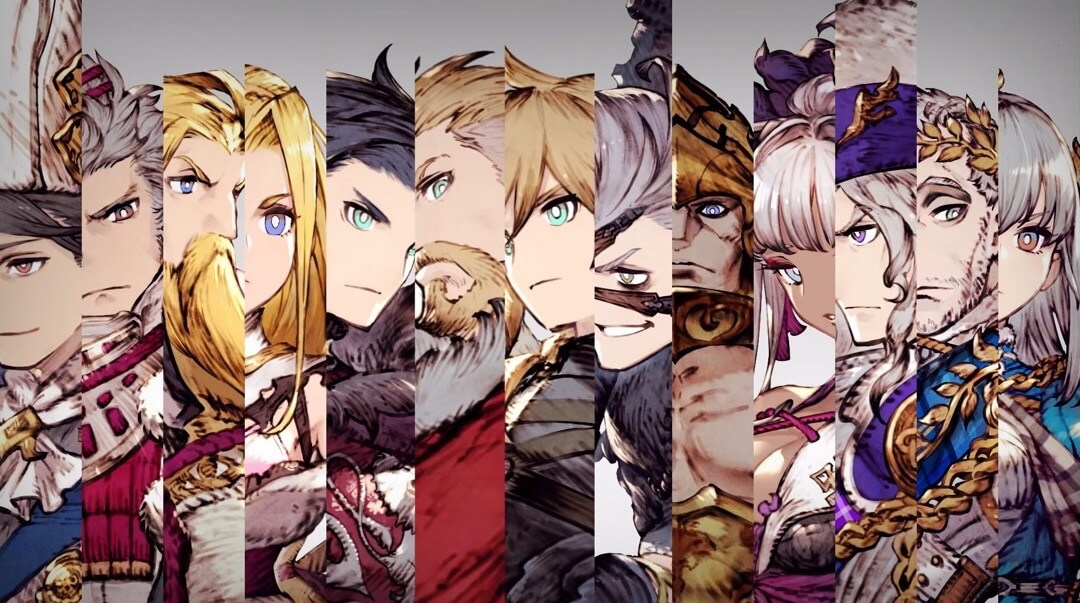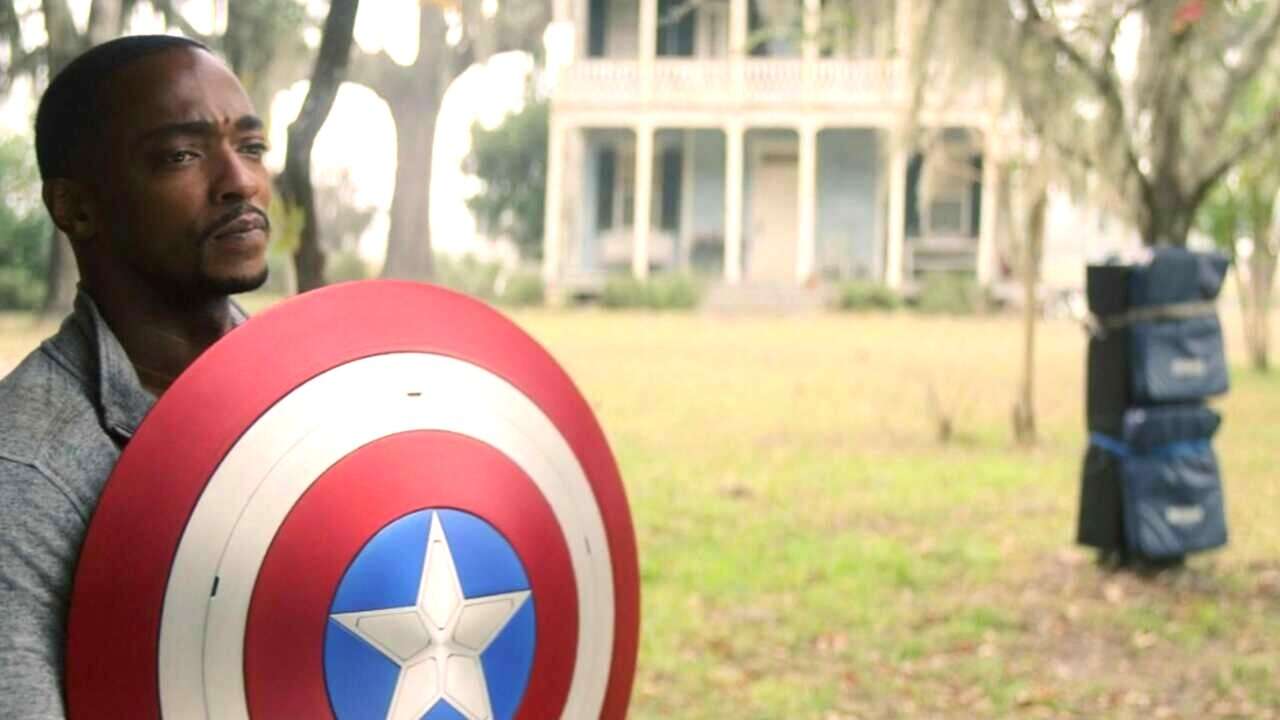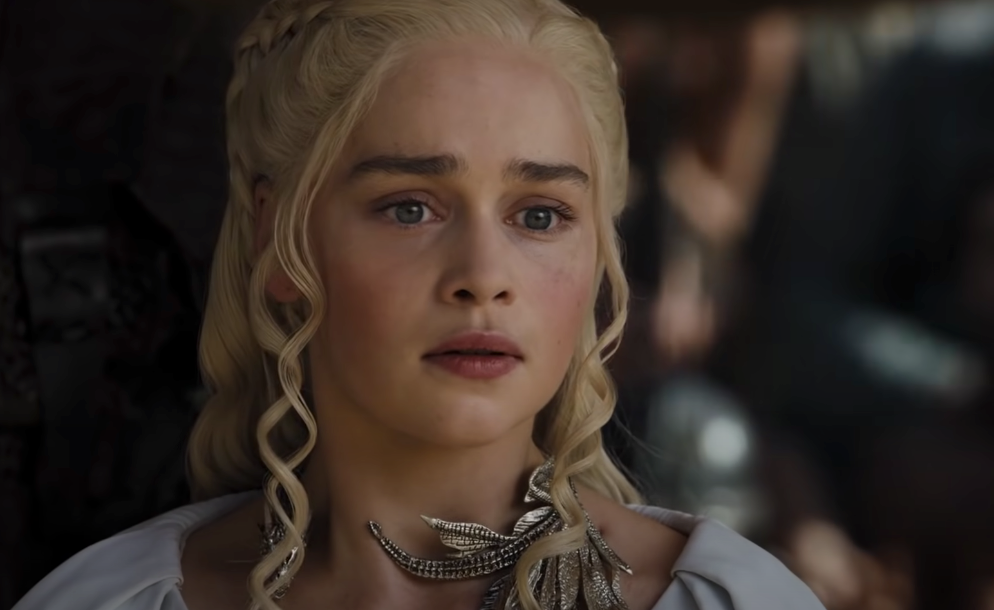Halo is over 20 years old, and while there’s a lot of lore out there now, Halo Infinite serves as a jumping-on point for both new and lapsed players — Halo’s franchise development director, Frank O’Connor, referred to Halo Infinite as a spiritual reboot in an interview with Polygon. But even so, there are parts of the campaign that will make more sense if you know some light history, or refresh your memory if you’ve been away from the series for a while (or just forgot what happened at the end of Halo 5: Guardians).
Well, we’re here to help. Here are seven quick story questions you need answered before you start Halo Infinite.
[Ed. note: While this article does operate on some assumptions regarding important story beats based on Halo Infinite trailers, it does NOT contain spoilers for Halo Infinite.]
What’s Master Chief’s history?
Master Chief’s history is rather long, so we’re not going to go into all of it here. (Check out our “Everything you need to know about Halo” post if you want the long version.)
Here’s the gist: Master Chief is a human man named John, his code number is 117, and Master Chief is both his rank and nickname. He’s the most famous Spartan — a genetically engineered squad of supersoldiers originally designed by the United Nations Space Command (Earth’s future military) to quell a human insurrection. In the original Halo video game trilogy, he fought a war against an alien group called the Covenant on humanity’s behalf. Naturally, he won.
John was abducted by the military when he was 6, chosen because he was both smart and strong for his age. He then went through physical augmentation and training to become an early 2000s video game protagonist.
He’s 50 years old at the time of Halo Infinite.
Who is Dr. Halsey?
Dr. Catherine Halsey is the founder of the Spartan-II program, the one that resulted in Master Chief. She’s both a brilliant scientist and a war criminal (you know, for the child abduction and torture). She’s usually pretty grumpy, although she does express some guilt over what she did to John and the others. She’s also the former lover of Captain Jacob Keyes from Halo: Combat Evolved, and the mother of Miranda Keyes from Halo 2 and Halo 3.
It’s worth noting that Dr. Halsey also created Cortana, the AI with whom Master Chief spends all of his time in the original Halo games. Moreover, Halsey based Cortana on herself.
Halsey is 69 at the time of Halo Infinite.
Why does Cortana matter so much to Chief?

As the senior Spartan from the Spartan-II program, Chief was tasked with protecting Cortana.
Because he carried her around in his head for so long — through the first two Halo games — the two formed a strong attachment to one another.
At its simplest, they’re best friends. But if you want to look deeper, they’ve shared a headspace for so long that they’re a part of one another — a symbiotic relationship where the eager AI gets to backpack on a body to explore the world and the lonely soldier gets a companion. And while this aspect of their relationship doesn’t really appear in the games, the fact that Cortana is a more open and accessible version of Halsey — arguably a maternal figure for Chief — certainly contributed to their attachment.
So, when Cortana ultimately “dies” in Halo 4 and then is resurrected as the villain in Halo 5: Guardians, it’s personally devastating for John. Chief is a devoted soldier, so his failure to protect her, as he was charged to do in Combat Evolved, weighs on him.
Wait, why are we mad at Cortana?
In Halo 4, Cortana started suffering from “rampancy,” a form of AI malfunction that happens when they gain too much information. It often results in personality shifts, like a drive for power or violence. AIs like Cortana are supposed to be deactivated after seven years to prevent rampancy.
Cortana begins to lose control toward the end of Halo 4, and ultimately sacrifices herself for Chief. But a fragment of her is resurrected and rises to power in Halo 5: Guardians.
This fully rampant Cortana builds a new faction called the Created, which is essentially just an army of AIs who are attempting to turn the tables on the humans who made them. She arrives on Earth at the end of Halo 5: Guardians, ready to essentially enslave the planet.
That’s the last time we see Cortana in-game before Halo Infinite.
What do the Halo rings do, again?

The Halo rings are weapons, worshiped by the Covenant (remember that alien cult Master Chief fought in the first three games?) and created by a precursor race called the Forerunners. They exist to defeat the Flood, zombielike parasites that can infect nearly every living organism. But the Halo rings don’t kill the Flood; they kill Flood food (i.e., every living creature in the galaxy).
Halo Rings typically have other capabilities as well. They can be used to research species and conduct experiments, or reseed life back into the universe once the ring has been activated. Each Halo is unique and has its own fully functional ecosystem.
There are seven Halo installations, with the first game taking place on Installation 04, the second moving to Installation 05, and Halo Infinite taking place on the mysterious Zeta Halo.
Who are the Banished and Atriox?
The Banished are a rogue faction of the Covenant; they splintered off from the main religious cult before its demise. They don’t follow the Covenant religion, and instead act mostly as a horde of pirates. With the Covenant gone, the Banished rose to power by taking some of the Covenant resources to expand their operations.
Atriox is the founder and leader of the Banished. He and his Banished served as the primary villains in Halo Wars 2, and Atriox led his army to Zeta Halo prior to the start of Halo Infinite.
I just played the first hour of Halo Infinite’s campaign and I still don’t understand what the hell is happening. Help???
Halo Infinite starts in medias res, meaning there’s already a story going on before the player takes control of Master Chief. To be clear, the story we’re referring to here is a new story, so even players who are all caught up on their Halo history will still be confused. That’s by design.
Be patient — the game will make more sense over time.
Source: Polygon





















